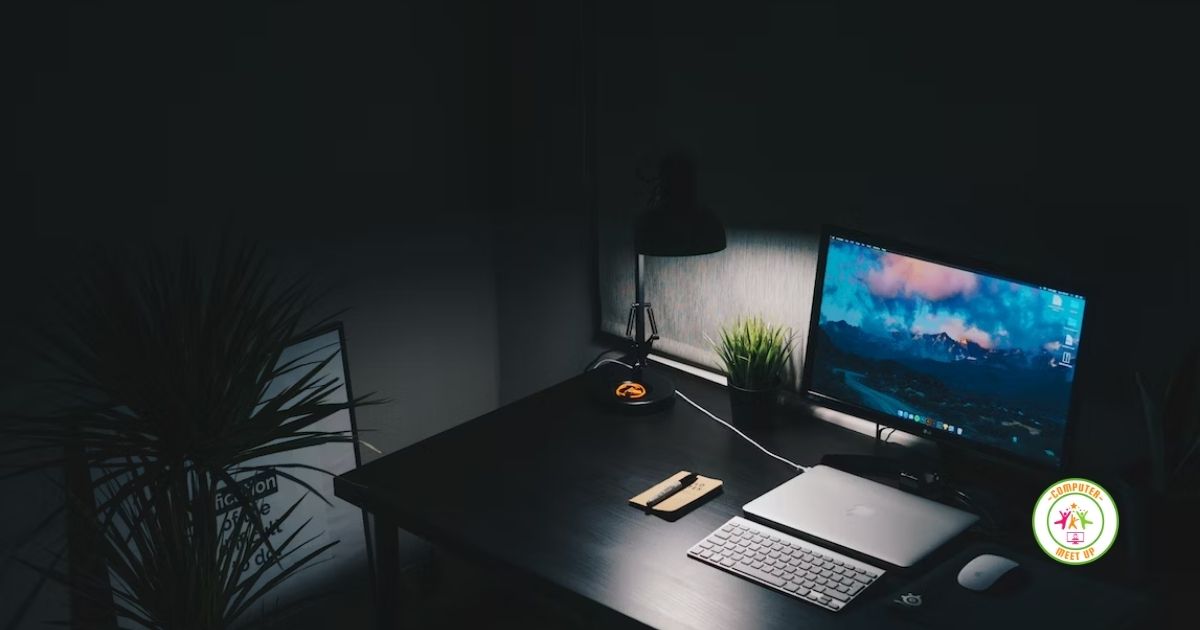Are you tired of your slow computer’s sluggish performance? Don’t worry; we’ve got you covered. In this troubleshooting guide, we will discuss several reasons why your computer is slow and provide practical solutions to fix it.
Troubleshooting Guide for Slow Computer Performance
Are you tired of waiting for your computer to load? Do you experience lag and slow performance while using your computer? If yes, then you are not alone. Slow computer performance is a common problem that many computer users face. However, the good news is that you can troubleshoot and fix the problem yourself.
In this article, we will discuss various reasons why your computer is slow and provide practical solutions to improve its performance. So, let’s dive in.
Symptoms of Slow Computer Performance
The following are some common symptoms of a slow computer:
- Programs take a long time to load
- Slow boot time
- Unresponsive or frozen screen
- The computer takes too long to shut down
- The computer crashes frequently
- The internet is slow
If you notice any of the above symptoms, it’s time to troubleshoot your computer’s slow performance.
Common Causes of Slow Computer Performance
The following are some common causes of slow computer performance:
Lack of storage space
If your computer’s hard drive is almost full, it can significantly slow down your computer’s performance. The computer needs adequate storage space to store temporary files and to swap files between the hard drive and the RAM.
Too many programs running at startup
If too many programs are running at startup, it can slow down your computer’s boot time and performance. You should only enable the necessary programs to run at startup.
Outdated hardware
Outdated hardware can also contribute to slow computer performance. For example, an old hard drive, processor, or RAM can significantly slow down your computer’s performance.
Malware and viruses
Malware and viruses can slow down your computer’s performance by consuming your computer’s resources. They can also cause other problems such as data loss, identity theft, and system crashes.
Fragmented hard drive
When files are stored on a hard drive, they can become fragmented. Fragmentation means that the files are not stored in contiguous blocks, making it difficult for the computer to access them. This can significantly slow down your computer’s performance.
Corrupt registry
The registry is a database that stores information about your computer’s configuration. If it becomes corrupt, it can significantly slow down your computer’s performance.
Troubleshooting Steps to Improve Slow Computer Performance
The following are some troubleshooting steps you can take to improve your computer’s performance:
Disable Startup Programs
Disabling unnecessary programs from running at startup can help speed up your computer’s boot time and improve its overall performance. To do this, open the Task Manager, go to the Startup tab, and disable any programs that you don’t need to run at startup.
Clear Browser Cache and Cookies
Clearing your browser’s cache and cookies can help improve your computer’s performance by freeing up storage space and improving browsing speed. To do this, go to your browser’s settings and clear the cache and cookies.
Run a Disk Cleanup
Running a disk cleanup can help free up storage space by deleting temporary files, system files, and other unnecessary files. To do this, open the Disk Cleanup tool, select the drive you want to clean up, and click OK.
Perform Disk Defragmentation
Performing disk defragmentation can help improve your computer’s performance by organizing files on the hard drive and reducing fragmentation. To do this, open the Disk Defragmenter tool and run a defragmentation on your hard drive.
Remove Malware and Viruses
Removing malware and viruses from your computer can help improve its performance by freeing up resources and stopping malicious programs from running. To do this, install and run a reliable antivirus program.
Update Hardware Drivers
Updating hardware drivers can help improve your computer’s performance by fixing bugs and adding new features. To do this, go to the manufacturer’s website and download the latest drivers for your hardware.
Add More RAM
Adding more RAM can help improve your computer’s performance by allowing it to handle more data at once. To do this, purchase and install additional RAM.
Conclusion
In conclusion, slow computer performance is a frustrating problem that can significantly affect your productivity. However, by following the troubleshooting steps outlined in this guide, you can easily identify and fix the problem. Keep your computer running smoothly by regularly performing maintenance tasks such as disk cleanup, disk defragmentation, and removing malware and viruses.
FAQs
- What causes slow computer performance? Answer: Common causes of slow computer performance include lack of storage space, too many programs running at startup, outdated hardware, malware and viruses, fragmented hard drive, and corrupt registry.
- How can I improve my computer’s performance? Answer: You can improve your computer’s performance by uninstalling unnecessary programs, disabling startup programs, clearing browser cache and cookies, running a disk cleanup, performing disk defragmentation, removing malware and viruses, updating hardware drivers, and adding more RAM.
- Can I fix slow computer performance myself? Answer: Yes, you can troubleshoot and fix slow computer performance yourself by following the troubleshooting steps outlined in this guide.
- How often should I perform maintenance tasks on my computer? Answer: It’s recommended to perform maintenance tasks such as disk cleanup, disk defragmentation, and removing malware and viruses regularly, at least once a month.
- Should I seek professional help if I can’t fix slow computer performance myself? Answer: If you are unable to fix slow computer performance yourself, it’s recommended to seek professional help from a reliable computer technician or IT specialist.


